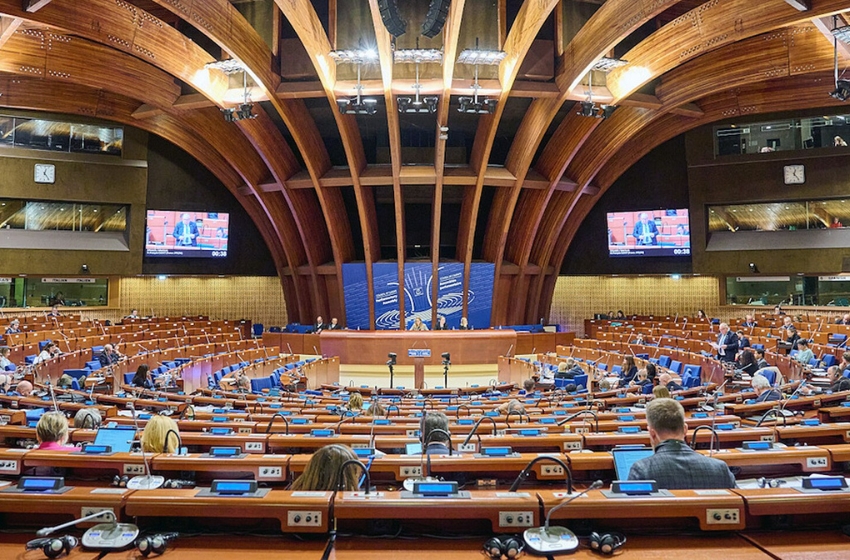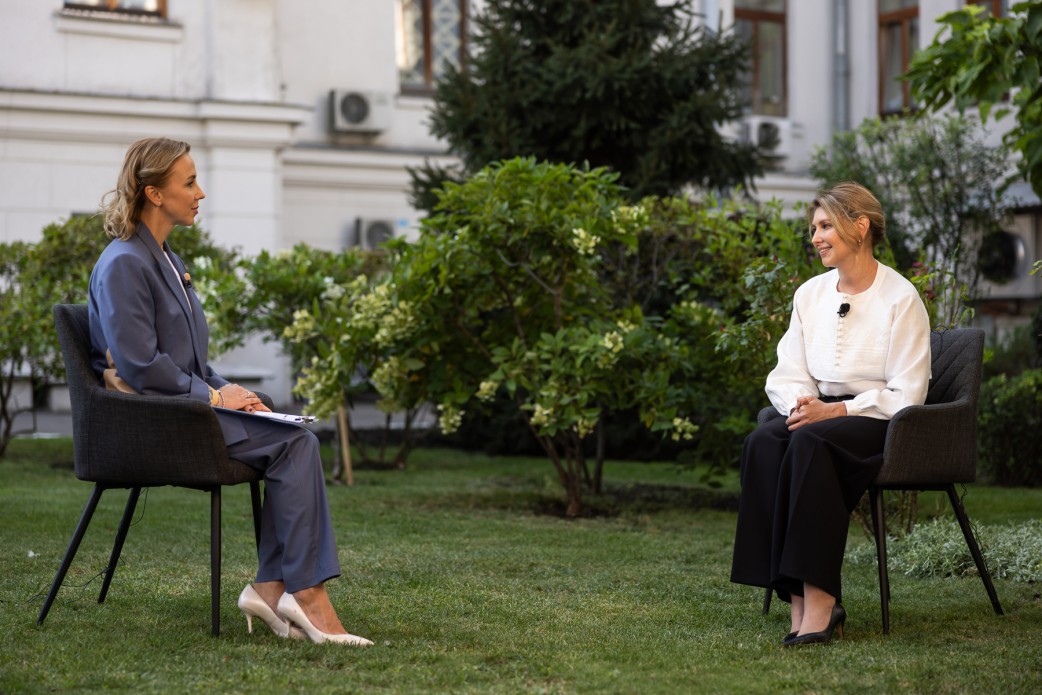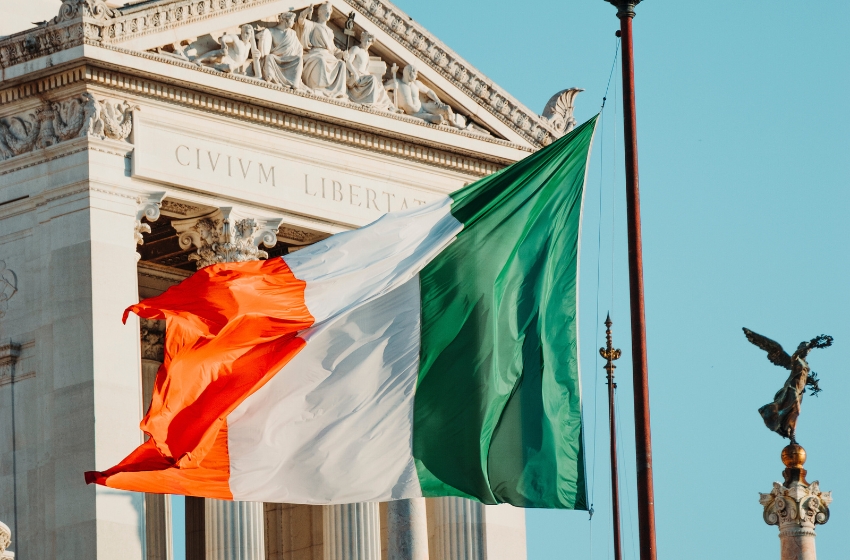The Political Committee of the Parliamentary Assembly of the Council of Europe (PACE) supports the allocation of frozen Russian state assets to a new fund for the reconstruction of Ukraine. The draft resolution on this matter has been adopted.
This was reported by the PACE press service.
The document, based on a report by the representative of Albania, Lulzim Basha, states that Russia, as an aggressor state, should provide "full compensation for the damage caused by its internationally unlawful actions, including the destruction of infrastructure, loss of life, economic difficulties, and other negative consequences."
The Committee emphasizes that approximately $300 billion of frozen Russian assets should now be transferred "for the reconstruction of Ukraine."
The parliamentarians also reminded that as of June 2023, the documented damage to the infrastructure and economy of Ukraine, caused by Russian aggression, is estimated at $416 billion.
The PACE Committee recommended the creation of an "international compensation mechanism" under the auspices of the Council of Europe, including an international trust fund. Russian assets owned by member and non-member countries of the Council of Europe should be directed to this fund. It also proposes the establishment of an "impartial and effective" international claims commission operating in accordance with recognized judicial norms to consider lawsuits from Ukraine and other entities affected by Kremlin aggression.
The Committee called on member countries of the Council of Europe and other states holding frozen Russian assets to "actively cooperate" in transferring them to the relevant mechanism with the support of the EU, the US, and the G7.
"According to international law, states have the authority to take countermeasures against a state that has seriously violated international law. Now is the time for member states of the Council of Europe to move from sanctions to countermeasures," the Committee's statement said.
Now, the report must be discussed by the full Assembly, which brings together parliamentarians from the 46 member states of the Council of Europe.





















